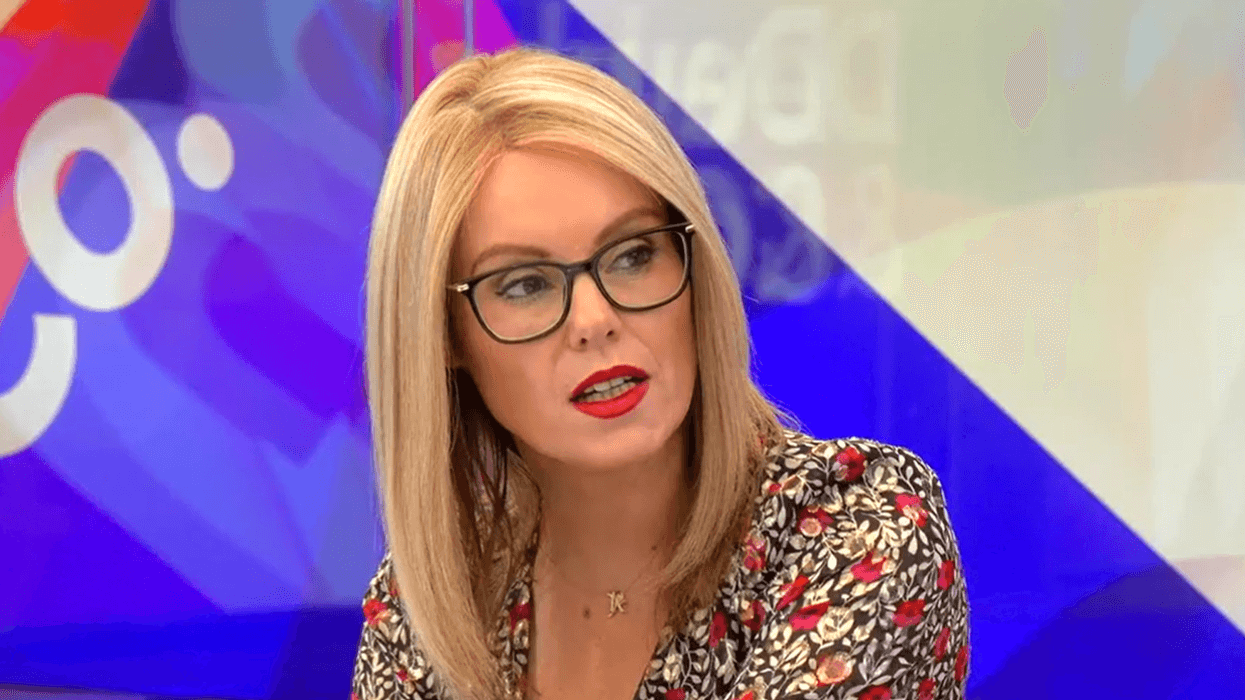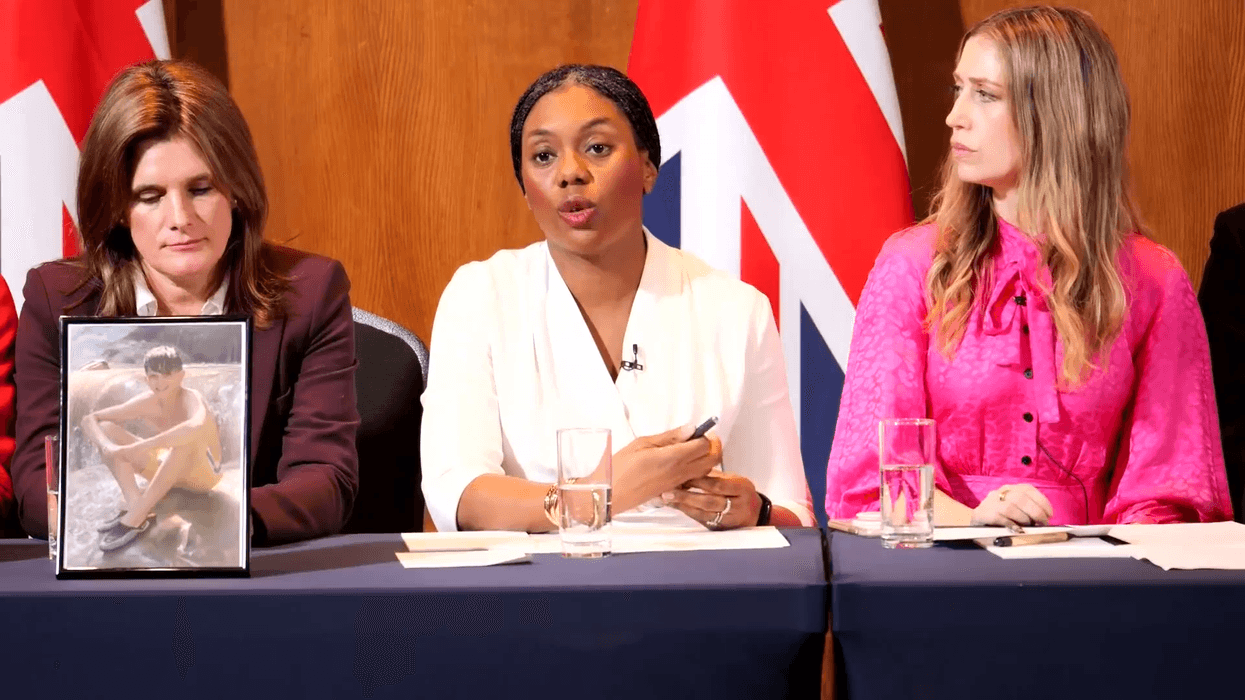
Last night the bilateral Rwanda treaty, pivotal to making the deportation policy work suffered defeat in the House of Lords after they voted against ratifying it.
It is the first time the Lords opposed ratification of a treaty and it's intended to add a further delay to a plan that was meant to begin over 18 months ago.
Now, the real legislative meat of the plan is in the Safety of Rwanda Bill which will come to their Lordships soon.
But this mode shows the mood of the upper house. In essence, it is rather unsurprisingly, an attempt to frustrate and delay the government's migration policy.
And it's been led by some very distinguished peers and one particularly who claimed not to be an unelected nobody. But usually somebody who says they are not an unelected nobody is precisely that.
That was Lord Carlisle, one of the most eminent peers, an excellent legislator, perhaps best known for his important work as the independent review of terrorism legislation.
And he's right to say that he isn't a nobody, but he is unelected. And his remarks about protecting democracy from itself really seem to be very surprising.
That is not the constitutional role of the House of Lords. Its role is to scrutinize detail and process and try to ensure that legislation is competent.
Opposing the underlying politics of legislation is not really what it's there for. It's more there to delve into the fine print.
And under the Salisbury-Addison convention the House of Lords is not meant to block legislation, at least at second reading, that is in an elected party's manifesto. And reducing immigration was in the 2019 manifesto.
So the real question is, is the House of Lords on thin ice? There was a big attempt to reform it under the coalition. There's a feeling that appointed peers don't have legitimacy. And it's gotten much more deeply involved in the weeds of politics, particularly Conservative politics in recent years.
Is this something that a democracy can cope with or are the benefits of a House of Lords still sufficient to outweigh this obstacle?”




















